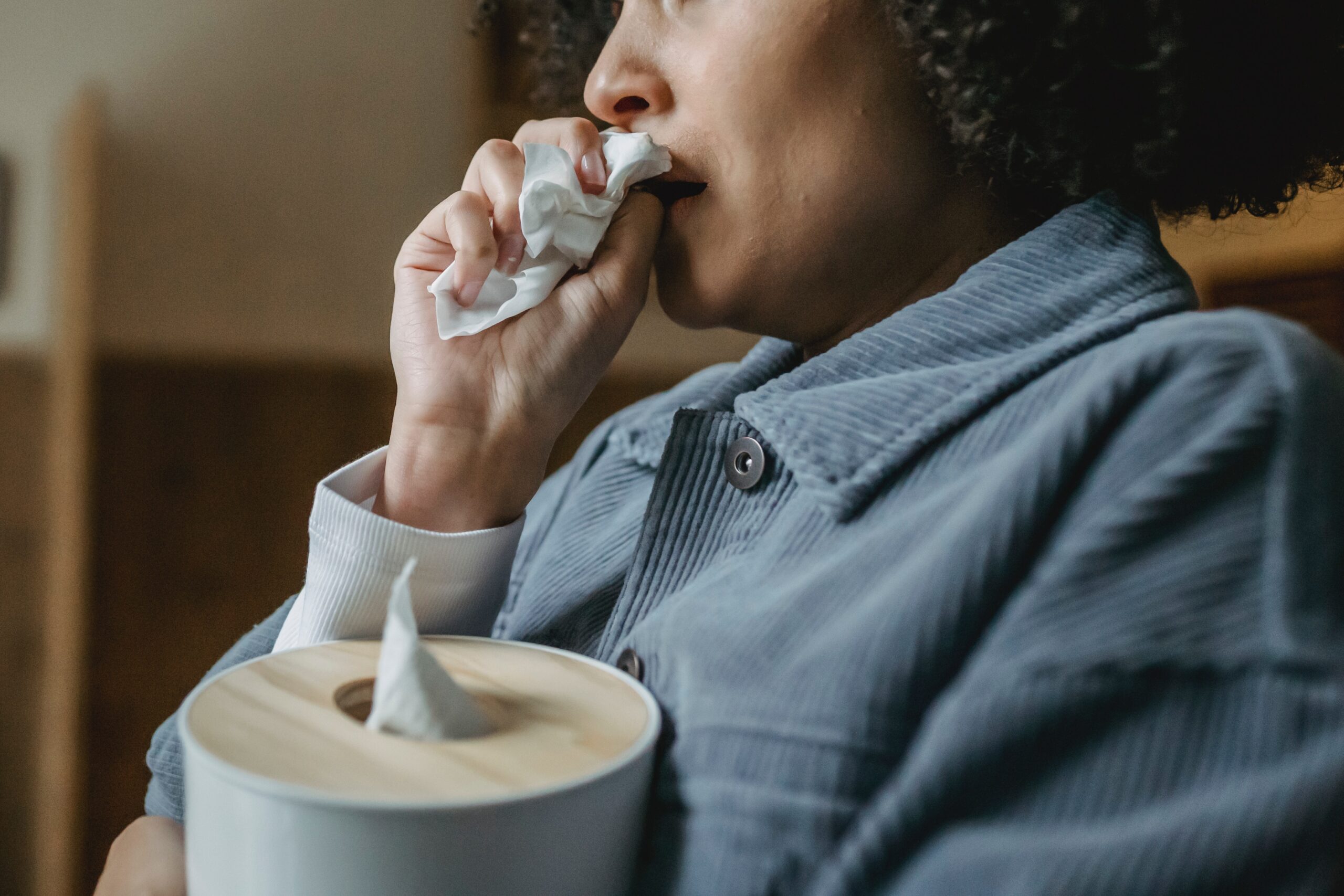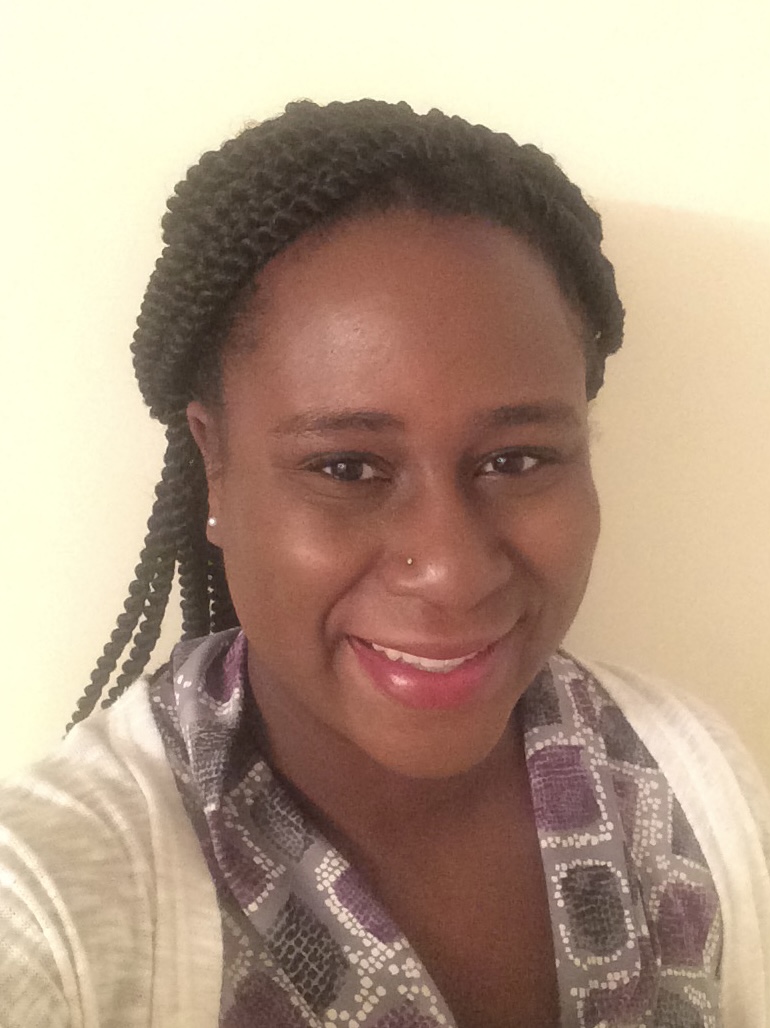My hands are still trembling and my heart is racing because my colleagues and I had to physically restrain a patient. But I collect myself and put on my biggest smile to interrupt the tears so that my sadness will not cause the children on the unit any emotional distress. Smiling is even harder when my mind wanders and I think about the unimaginable trauma they must have endured to end up on this psych ward.
Theoretically, I could take time off to recover from this most recent emotionally-charged and physically-taxing interaction, but that would mean leaving my already short-staffed unit even more short of staff. I need to talk about it, to unpack everything I am feeling, but I cannot because I have to respect my patient’s privacy and because there are still tasks to be done. There are always so many things to be done. And at the end of the day, it doesn’t matter what is going on in a health care worker’s personal life, be it bereavement, financial strain, tumultuous relationships; everything has to be left at the door.
In the psychiatric profession, the stakes are too high for our humanity to interfere with our work.
We suppress our humanity and call it rational detachment, professionalism, compartmentalization. We feel like we must; if our personal distress causes us to be distracted in a psychiatric unit, someone could hurt themselves or someone else, someone could elope from the unit, or something else could happen that will have lasting consequences for our patients and colleagues.
We dehumanize ourselves to thrive in a taxing profession, but is this coping method contributing to the patient-provider disconnect?
Dr. Brené Brown posits that humans cannot avoid our unpleasant emotions without also numbing our pleasant ones. Perhaps the same is true for health care providers; if we avoid our own emotions we cannot connect with our patients and care for them on a human level.
Radical genuineness
We can start the process with radical genuineness, borrowed from Dialectical Behavioral Therapy (DBT), where Dr. Marsha Linehan encourages the practice as the ultimate form of validation. Radical genuineness involves allowing the client to see the practitioner’s humanity as a way to reinforce the validity of a person’s emotions, even if they’re not the most helpful at the time.
So what would radical genuineness look like if it was practiced throughout the health care field?
- Being honest with ourselves and colleagues about the emotional strain of the profession and various scenarios we have to deal with on a regular basis, instead of overusing humor or minimization to deal with the fact that even on the best of days health care can hurt.
- Strategically bringing our humanity to work. That means keeping care patient-centered but also empathizing with patients and colleagues when they are going through difficult circumstances.
- Checking-in with ourselves. Practice self-care and recognize that no one can pour from an empty cup. Sometimes the most selfless act is simply taking care of ourselves when we want to work more, do more, help more.
With radical genuineness to guide us, perhaps we can begin to show ourselves more compassion. We will create true, patient-centered care that recognizes the uniqueness of each person when we as practitioners recognize our own uniqueness and humanity.
Read More:
- From Baltimore to Vellore, India: Global Support for Nurses Struggling with COVID-Related Mental Health
- The Legacy of Black Women in Research Continues
- Mentoring the Next Generation of Black Nurse Researchers
- The RISE of the Clinical Nurse Specialist
ABOUT THE AUTHOR: DAWNYSHIA GRIFFIN
Dawnyshia Griffin is a student in the MSN (Entry Into Nursing) program. She completed her Bachelor of Arts in International Relations with International Honors from the College of William and Mary and the University of St Andrews’ joint-degree program. As a nursing student, Dawnyshia has followed her passion of improving health equity by leading wellness workshops for people experiencing homelessness, promoting health equity content as a representative on the curriculum committee, and she is excited to improve patient outcomes as a Fuld Fellow.

